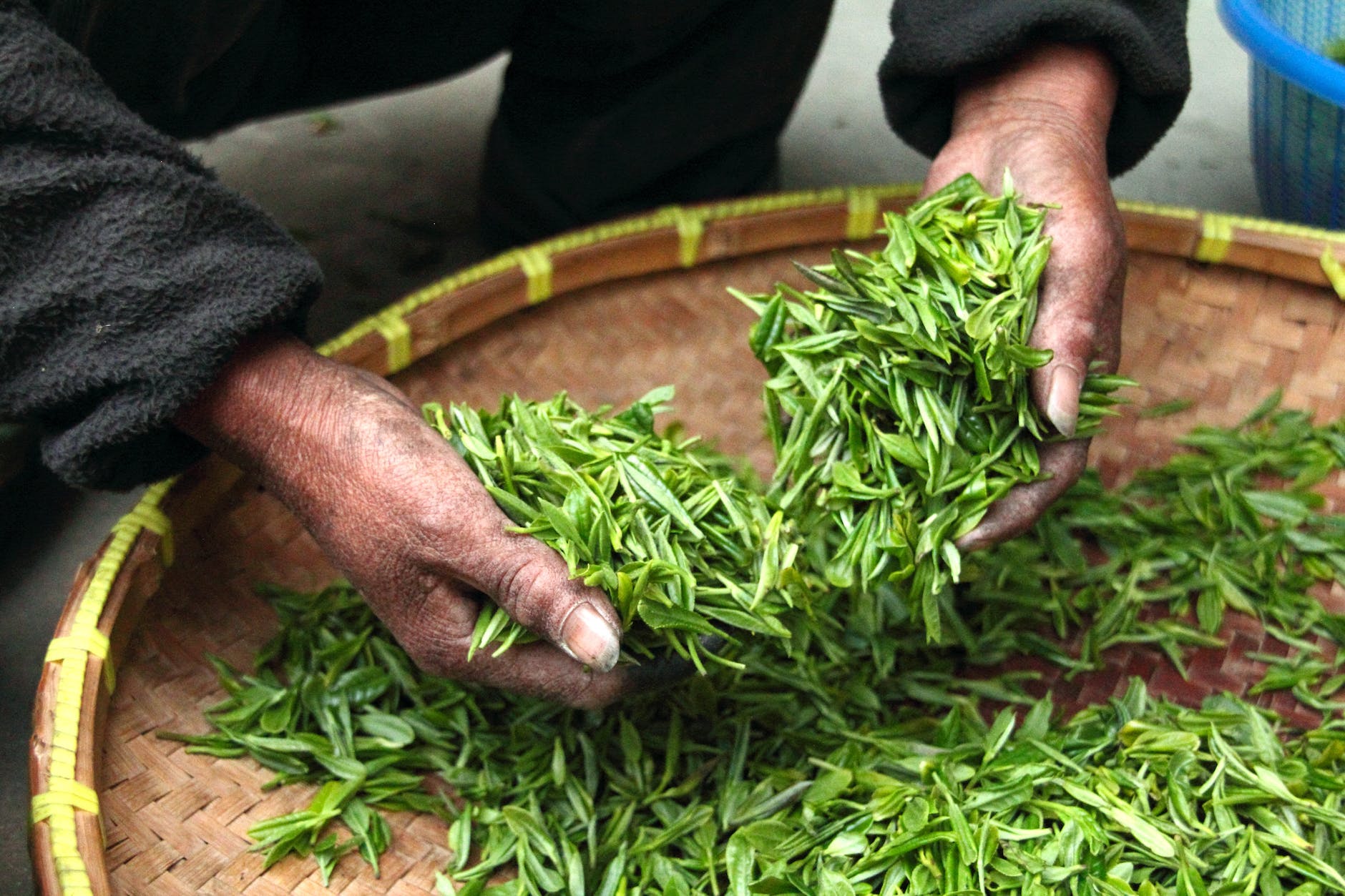
Apricot seeds, also known as apricot kernels, have been the subject of much debate in the health community. Some claim they’re a natural cancer cure, while others warn of dangerous cyanide poisoning. This post aims to explore the various perspectives on apricot seeds and their potential health benefits or risks.
What are Apricot Seeds?
Apricot seeds are the small kernels found inside the hard pit of an apricot. They’re rich in fats and contain a substance called amygdalin, which is also known as vitamin B17. This compound breaks down into hydrogen cyanide when ingested, which can be toxic in large amounts.
Apricot Seeds and Cancer: The Controversy
The primary reason apricot seeds have become a topic of interest is due to their purported ability to fight cancer. This belief stems from the presence of vitamin B17, a substance that’s been claimed to have anti-cancer properties. However, it’s important to note that there’s currently no scientific consensus supporting this claim.
The Theory
The theory behind the use of apricot seeds in cancer treatment is based on the action of the amygdalin compound. When amygdalin breaks down in the body, it produces cyanide, a poison. Some believe that this cyanide can selectively target and kill cancer cells without harming healthy cells. This theory has led to the use of apricot seeds and extracts in alternative cancer treatments.
The Research
Despite the popularity of this theory, research on the anti-cancer effects of apricot seeds is limited and inconclusive. Some studies have shown that amygdalin can kill cancer cells in a petri dish, but this doesn’t necessarily mean it would have the same effect in the human body.
Moreover, clinical trials on the use of amygdalin (also known as Laetrile) for cancer treatment have not found it to be effective. The American Cancer Society states that “there have been no published clinical trials in the available literature that support the safety and efficacy of Laetrile as a treatment for cancer.”
The Risks
The consumption of apricot seeds isn’t without risk. As mentioned earlier, they contain amygdalin, which breaks down into cyanide when ingested. Consuming too many apricot seeds can lead to cyanide poisoning, which can cause symptoms like nausea, headaches, dizziness, acute blood pressure, and even death in severe cases.
The Food and Drug Administration (FDA) has warned against the consumption of apricot seeds and has taken action against companies promoting them for cancer treatment.
Other Potential Benefits of Apricot Seeds
While the cancer-fighting claims are controversial, apricot seeds have other potential benefits. They’re rich in healthy fats and dietary fiber, which can support heart health and aid digestion. They also contain antioxidants, which can help protect your cells from damage.
Frequently Asked Questions
- Are apricot seeds good for fighting cancer? Apricot seeds contain a compound called amygdalin, also known as vitamin B17, which some believe can fight cancer. However, scientific evidence is not conclusive, and further research is needed.
- Can apricot seeds prevent cancer? While some studies suggest that the amygdalin in apricot seeds may have anticancer properties, it’s important to note that these studies are mostly conducted in vitro and may not translate to humans. More research is needed to confirm these findings.
- Are apricot seeds beneficial for prostate cancer? Some studies suggest that amygdalin, found in apricot seeds, may have anticancer properties that could potentially benefit individuals with prostate cancer. However, these studies are preliminary, and more research is needed.
- Can apricot seeds cure cancer? There is currently no scientific evidence to support the claim that apricot seeds can cure cancer. While some studies suggest potential anticancer properties, others warn about the risks associated with cyanide poisoning from amygdalin.
- Are apricot seeds edible? Yes, apricot seeds are edible. However, they contain amygdalin, which can convert into cyanide in the body. Consuming large amounts of apricot seeds can potentially lead to cyanide poisoning.
- What is the connection between apricot seeds and vitamin B17? Apricot seeds contain a compound called amygdalin, which is often referred to as vitamin B17. This compound is believed to have potential health benefits, but its effectiveness and safety are still under investigation.
Conclusion: Should You Eat Apricot Seeds?
Given the lack of conclusive evidence supporting the cancer-fighting claims of apricot seeds and the potential risks associated with their consumption, it’s advisable to approach this topic with caution. If you choose to consume apricot seeds, do so in moderation to avoid potential cyanide poisoning.
If you’re considering using apricot seeds as a part of cancer treatment, it’s crucial to discuss this with your healthcare provider. They can provide you with evidence-based treatments and advise on the safety and potential risks of alternative therapies.
Please note that this blog post is intended for informational purposes only and should not be used as a substitute for professional medical advice. Always consult with a healthcare provider before starting any new treatment or supplement.










